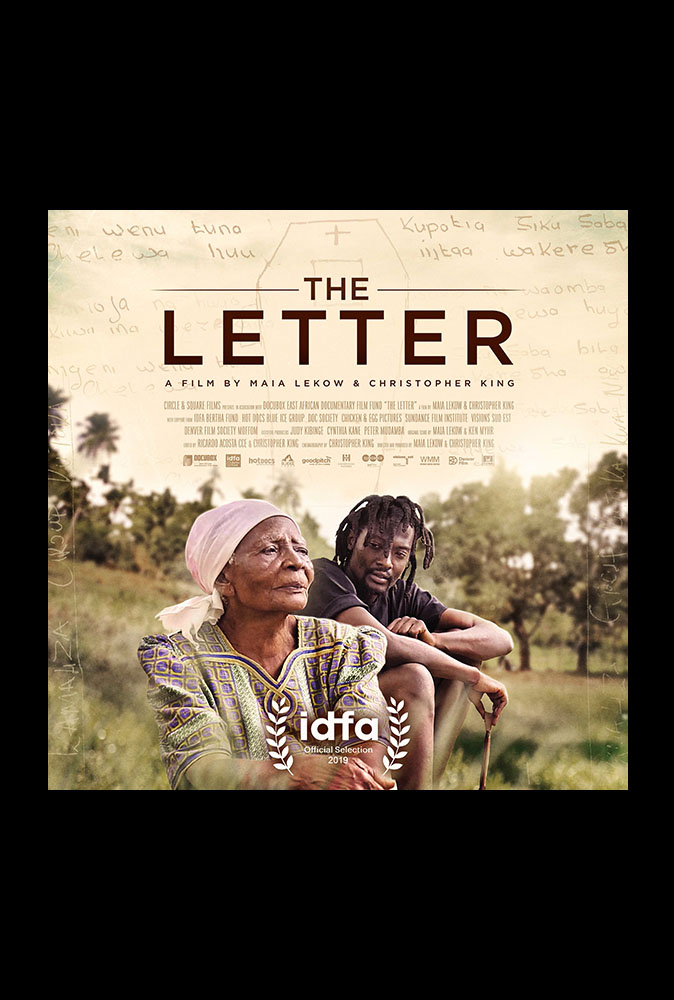 In this fascinating documentary from Kenya, Karisa a young man living in the big city of Mombasa travels back to his home village when he hears through Facebook that his grandmother has been accused of being a witch. Of course we would all find it ridiculous, but in Kenya it’s a serious danger, especially to the elderly. And as Karisa searches for the person who made the accusation, he finds that it is his Uncle Furaha who blames her for his daughters not getting pregnant. His grandmother Margaret Kamango is a warm, proud woman who is still at the age of 90-something farming her land. She regularly attends church and there’s nothing strange or sinister about her at all. And the witchcraft accusation seems like a minor bother to her. But as the film progresses, it becomes clear that accusations of witchcraft are being used as an excuse in the country to kill the elderly and take their land. It’s horrifying.
In this fascinating documentary from Kenya, Karisa a young man living in the big city of Mombasa travels back to his home village when he hears through Facebook that his grandmother has been accused of being a witch. Of course we would all find it ridiculous, but in Kenya it’s a serious danger, especially to the elderly. And as Karisa searches for the person who made the accusation, he finds that it is his Uncle Furaha who blames her for his daughters not getting pregnant. His grandmother Margaret Kamango is a warm, proud woman who is still at the age of 90-something farming her land. She regularly attends church and there’s nothing strange or sinister about her at all. And the witchcraft accusation seems like a minor bother to her. But as the film progresses, it becomes clear that accusations of witchcraft are being used as an excuse in the country to kill the elderly and take their land. It’s horrifying.
Kenya like many other African countries practices organized religions like Christianity and Islam alongside more traditional beliefs in witches and demons. And in the film, the Grandmother goes to church and her local priest tries to help. But later, it is Uncle Furaha who brings in some wacko religious people from out of town for a “cleansing”. He’s got some issues with Margaret that go back to childhood and it’s never really clear why he’s accusing her. Maybe he really just needs someone to blame for the things that are going wrong in his life. Interestingly, it’s the men who are going after her. Her daughters stand with her.
Elsewhere in Kenya, the filmmakers visit a refuge that was set up for elders who have been attacked as witches, mostly by young people who want their farms for themselves. It’s a bizarre and really sad existence for them. But back at Margaret’s homestead eventually things get back to normal and Furaha’s daughter has a baby. But you wonder if the danger is really over, or if the accusation will come up again later.
The beauty of the film is in the two main characters – Margaret and her grandson Karisa. He’s there for her and she for him. He’s the witness and she’s the sane person in the story. It’s a strange situation that is apparently all too common in parts of Africa where land is more valuable than kinship.

